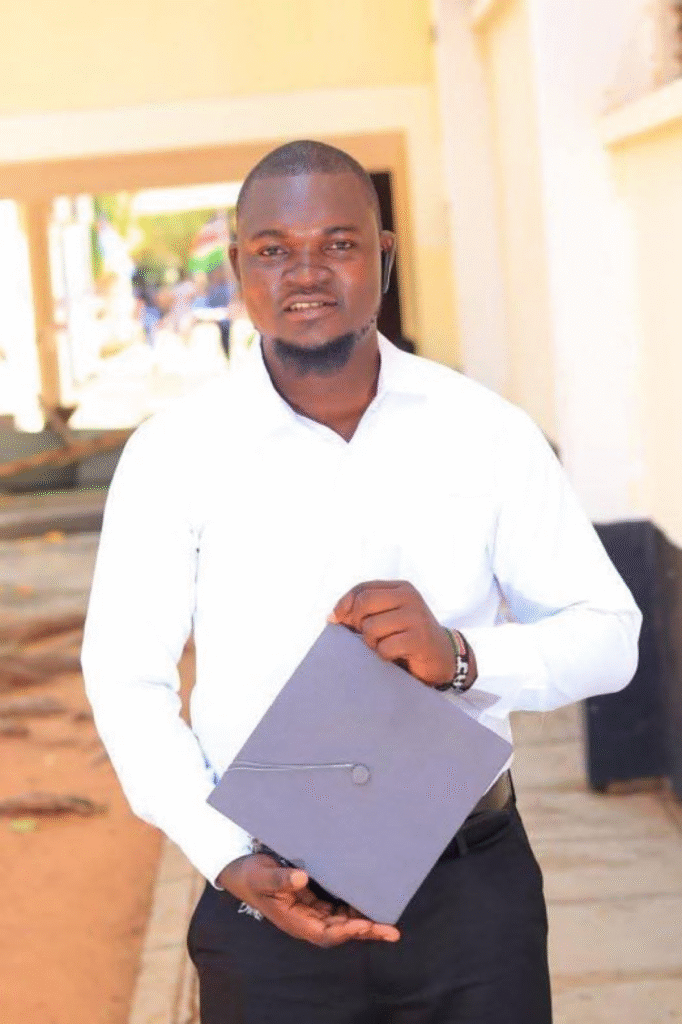Kenyan President William Ruto has condemned the death of 31-year-old Albert Ojwang, who died in police custody under suspicious circumstances, calling it “heartbreaking and unacceptable.”

Ojwang’s death has triggered widespread outrage and small protests across the country, as Kenya approaches the first anniversary of last year’s deadly demonstrations against tax hikes and corruption.
Ojwang, a social media commentator, was arrested in western Kenya over posts accusing Deputy Inspector-General of Police Eliud Kipkoech Lagat of corruption. He was later transferred to the Central Police Station in Nairobi, where he reportedly died over the weekend. While police initially claimed that Ojwang fatally injured himself by hitting his head against a cell wall, a government pathologist stated that the injuries were “unlikely to be self-inflicted.”
President Ruto has called for full cooperation from the police to ensure a “swift, transparent, and credible investigation.” Five officers involved in the case have since been removed from active duty pending the outcome of the inquiry.

The incident comes at a tense time for the country, which is reflecting on last year’s anti-government protests that saw at least 60 people killed in a violent crackdown. Rights groups have continued to raise concerns about unlawful detentions and the targeting of critics of the Ruto administration.
Kenya’s Interior Secretary Kipchumba Murkomen assured the public that those responsible for Ojwang’s death would be held accountable, stating the government’s commitment to justice. Meanwhile, the country’s police chief, Douglas Kanja, informed the Senate that Ojwang had been arrested for allegedly circulating a fake newspaper front page labelling the police official as “The Mafia Cop.”
Protesters gathered outside the National Police Service headquarters in Nairobi this week, demanding justice and transparency, while civil society organisations continue to press for reforms to protect freedom of expression and human rights.








